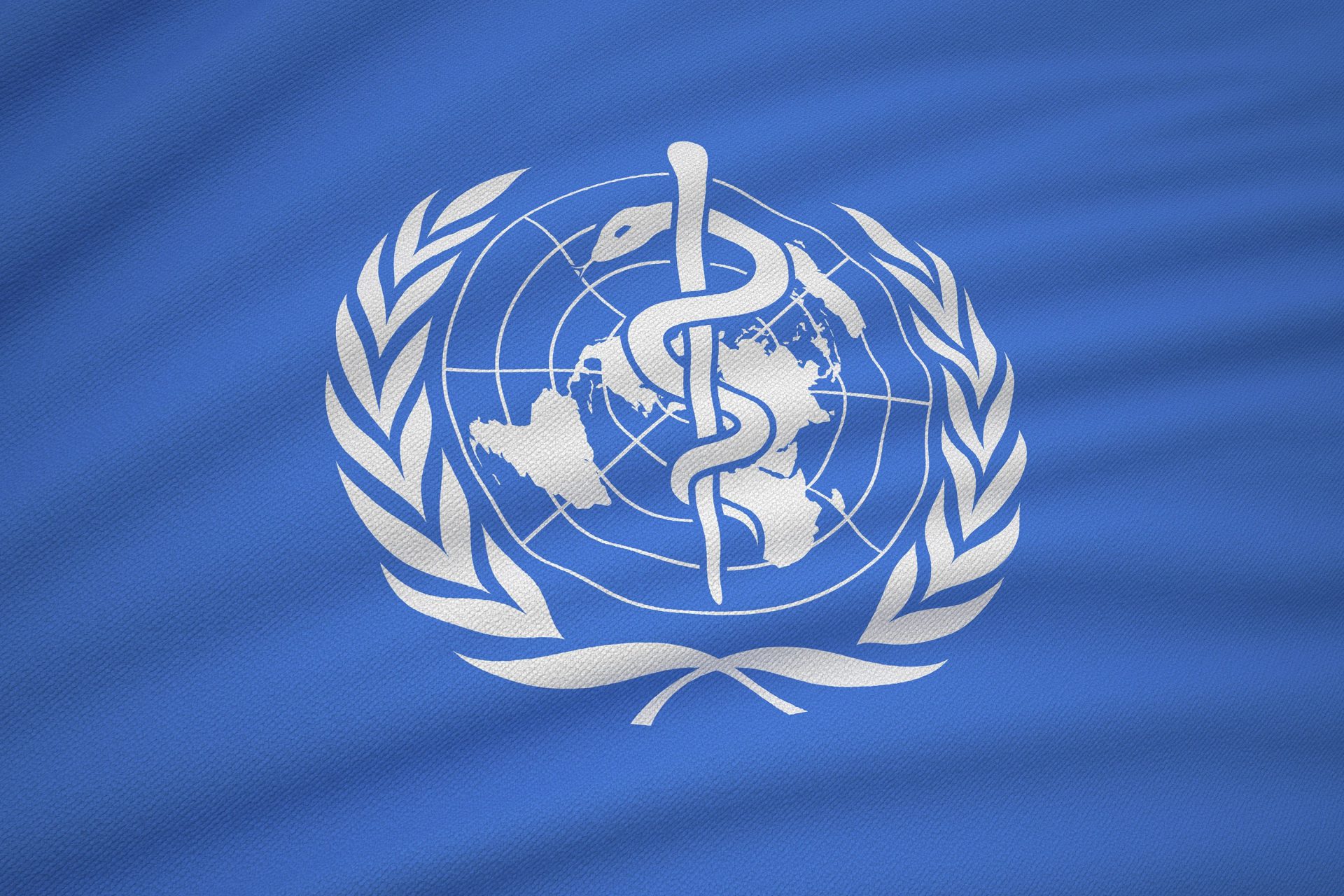During the session held in the Albanian Parliament, the resolution presented by the ruling Socialist Party, which included “remembering and honoring the victims of the Srebrenica genocide”, was accepted.
Before the session, a minute of silence was observed in memory of the victims of the Srebrenica genocide.
“Memoriing and honoring the victims of the Srebrenica genocide teaches us that achieving and maintaining peace is a difficult task, that past conflicts should not kill promises and prospects. Honoring the Victims of Srebrenica is a promise that cannot and will not be repeated.”
The President of the Presidential Council of Bosnia and Herzegovina, Sefik Dzaferovic, in a video message to the Albanian Parliament, emphasized that Albania and Bosnia and Herzegovina are two close and friendly countries. Dzaferovic said: “The tragedy of Srebrenica has become a global symbol of pain and crime in modern times. Today, 27 years later, the word Srebrenica resonates most strongly with fear and pain.” expressions used.
Taulant Balla, chairman of the Socialist Party parliamentary group, said the resolution confirmed his belief that it was time to show by action of will and commitment to end war crimes with impunity.
Describing the proposal as a very serious document and the language of Albanian and Albanian hearts, Balla said that they had come together to remember and honor the victims of the Srebrentisa genocide, expressing sadness sincere support and solidarity for victims and humanitarian workers. trauma from the genocide in Serbia. Albania’s Minister of Foreign Affairs and Europe, Olta Xhaçka, congratulated his colleagues, who declared 11 July as the Day of Remembrance for the Victims of Genocide in Srebrenica.
“It is not for that reason that he has long and uncompromisingly condemned this crime and other crimes against civilians in Bosnia and Herzegovina and Kosovo,” said Xhachka. The thousands of men and young men guilty of Albanian crimes took a clear and principled stand against this heinous crime in which they were killed in the most gruesome ways, simply because of their identities. he say.
MP for the main opposition Democratic Party, Yorida Tabaku, said today’s stage pays tribute to the Albanian Parliament: “This issue should unite us, this issue should definitely get 100 % of the votes of Parliament.
According to the adopted resolution, the Albanian Parliament has knowingly or unwittingly rejected the trend and act of publicly denying genocide committed in Srebenitsa; strongly condemns the concealment of reasons, authors, designers and supporters of genocide.
The continuation and escalation of nationalist political discourse and incitement of ethnic hatred as a result of the parliament’s denial of the genocide in Srebrenica, the massacres committed in the whole of former Yugoslavia and crimes against humanity by some individuals, groups, political actors and media inside and outside the Balkans is unacceptable and end. described as extremely dangerous.
Expressing the deep pain of the Assembly for the victims and human traumas caused by the genocide in Srebrenica, and expressing full understanding and sincere sympathy for all those injured during the “bloody war in Bosnia and Herzegovina”, the following statements were included:
“The Albanian Assembly declared that the denial of the genocide perpetrated by Serb forces in Bosnia against the Bosniak community in Srebrenica violates international law, encourages impunity for war crimes, and that the more than 8,000 civilians murdered in Sreberenitsa, their survivors and their families, as well as their families, are in Kosovo.” It confirms Albania’s position that during the ethnic cleansing in Slobodan Milosevic the dignity of the approximately 10,000 Albanians killed by the Serbian regime and the 20,000 women raped were violated.”
With the proposal, the Parliament demands the government to honor the victims of the genocide in Srebrenica, and to declare 11 July as the “Srebrenica Genocide Remembrance Day”, referring to the decision of the European Parliament.
What happened in Srebrenica? After the occupation of Srebrenica by the Serbian troops under the command of Ratko Mladic on July 11, 1995, the civilian Bosniaks who took refuge with the Dutch soldiers within the United Nations (UN) were then handed over to the Serbs. In order to give women and children access to areas controlled by Bosnian soldiers, the Serbs massacred at least 8,372 Bosnian men in areas of jungle, factories and warehouses. The murdered Bosnians were buried in mass graves.
After the war, victims whose bodies were found in mass graves as part of efforts to find the missing were buried during a ceremony held at the Potocari Memorial Cemetery on 11 May. 7 annually after identification.
The Potocari Memorial Cemetery contains the graves of 6,671 victims of the genocide regime.

